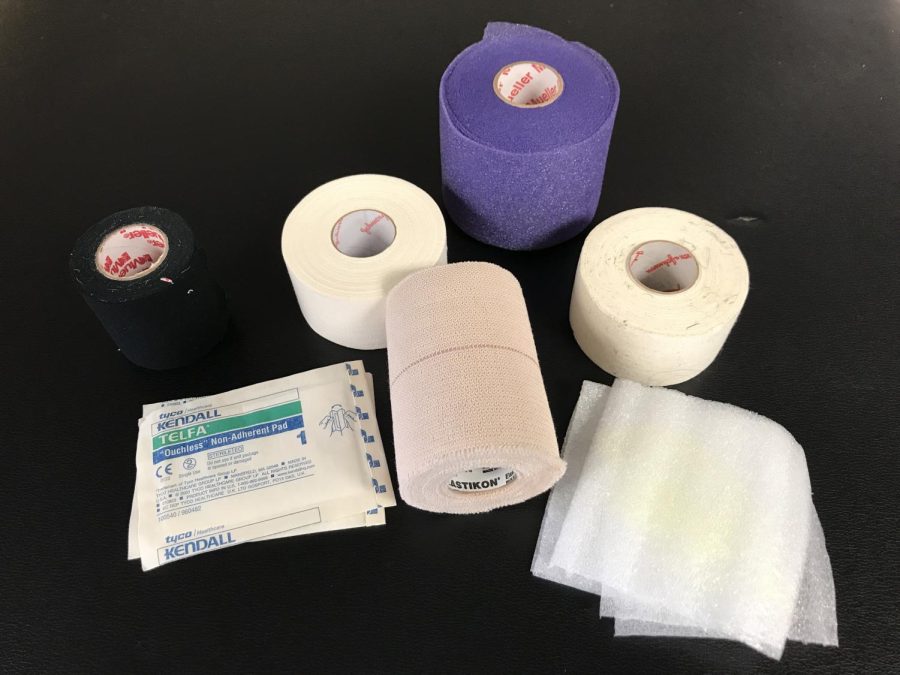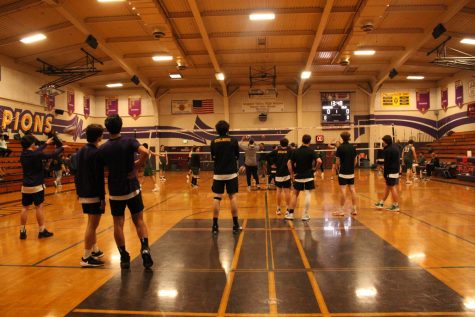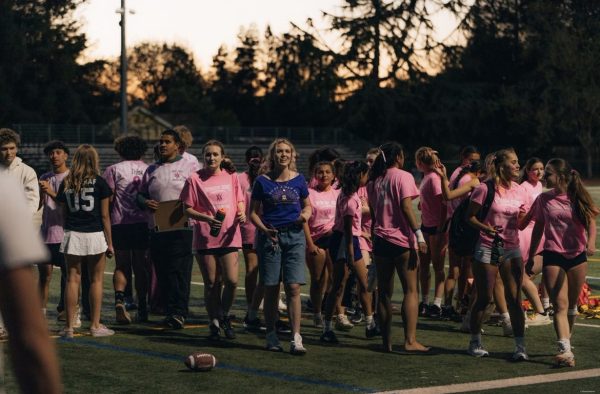Taping in sports: Preventing and taking care of injuries
There are many brands of tape including Mueller medical tape, and the Kendall medical tape.
April 24, 2022
In contact sports, tape jobs for an athlete help to support the body and prevent further injuries. Whether it be to a wrist, hand, ankle, knee, or even shoulder, taping has an important role in keeping athletes safe and performing at the highest level. There are many types of tape jobs that athletic trainers apply to accommodate specific body parts.
Ankle tape jobs are usually given to football and lacrosse players in order to support the athlete’s gait, or the way an athlete moves. Athletic trainers pad up contusions, bruises, or areas of previous injuries, so they don’t reinjure the bone or ligament.
Common tape jobs to the lower body include the arch tape job, spartan tape job, shin splints tape job, achilles tendon tape job, turf toe tape job, and the ankle tape job.
“I don’t have the strongest ankles, and I wear low top shoes, so I need to get my ankles taped before every game in order to not roll them or have them be sore. Without the tape, there is not much support there, and it’s very easy to roll my ankle when I change direction,” said Varsity Lacrosse Player Alex Kragen (‘22).
Wrist tape jobs depend on the sport and position, but wrestlers and football players usually get their hand, wrist, and fingers taped up. Both sports require pushing up against another’s body weight, and tape supports the entire arm when it is in extension.
Common tape jobs on the arm include the wrist and hand tape job, finger tape job, thumb spica tape job, and the wrist tape job.
“[Tape] supports my wrist so that it doesn’t bend funny when I block someone. It makes it so that it’s something I don’t have to worry about, and I can just focus on the game,” said Varsity Football Offensive Lineman Andrew Johnson (‘23).
While the support of tape jobs will be tight within the first twenty minutes of applying, tape has a tendency to loosen up once the athlete warms up. In this case, the importance of taping before games or practices should not be neglected.
“The overall tape job will help support [the] range of motion that they’re either having less strength in, weakness in, prior injury, previous [strain], or fracture. It gives them not only support but helps them on the mental aspect of the game. The athlete feels like they can do what they can do required-wise without having to constantly think about it,” said Athletic Trainer Diana Hasenpflug.















